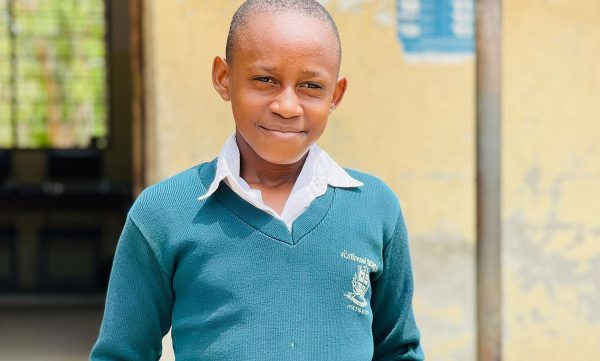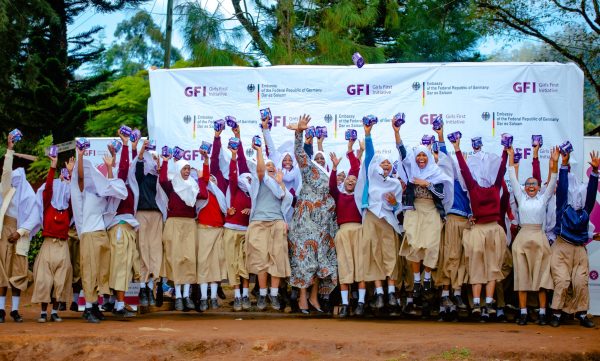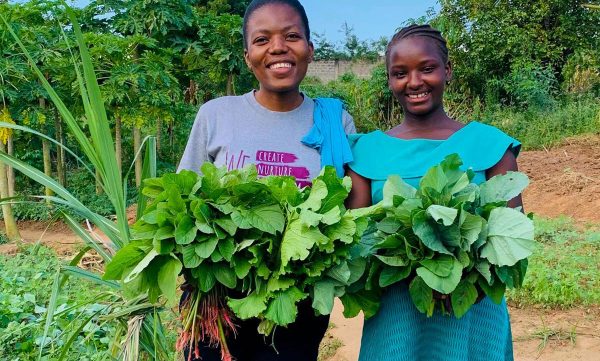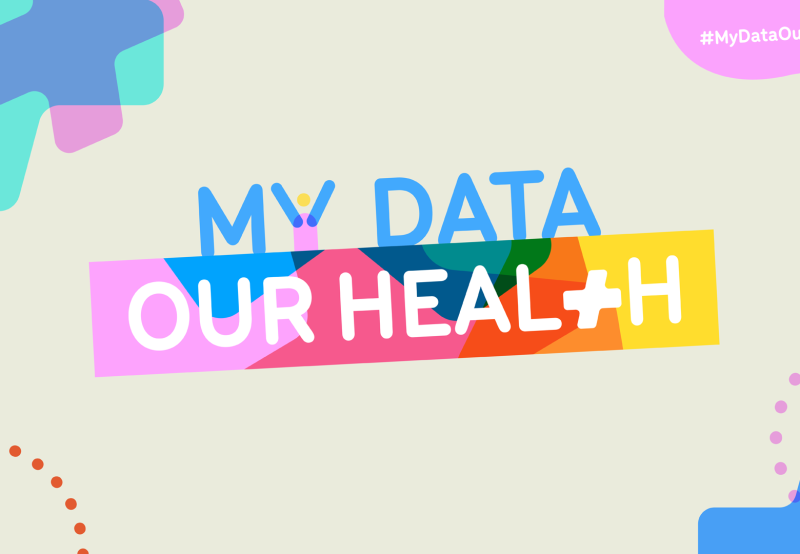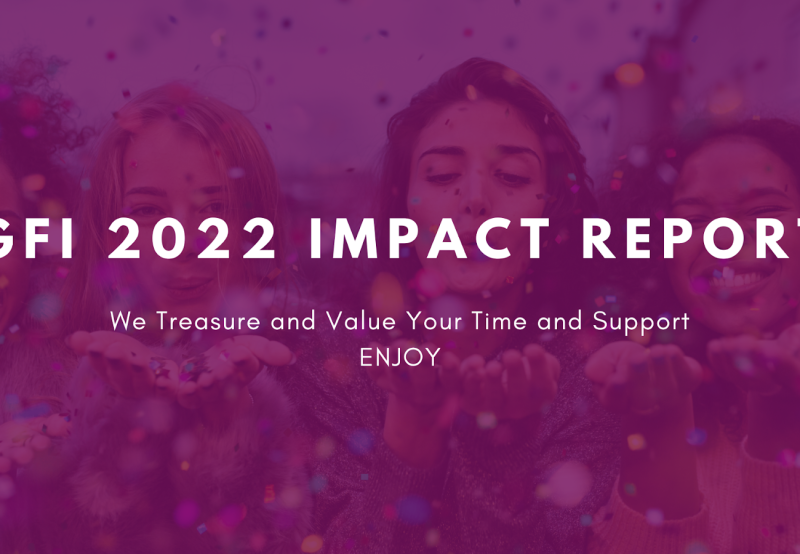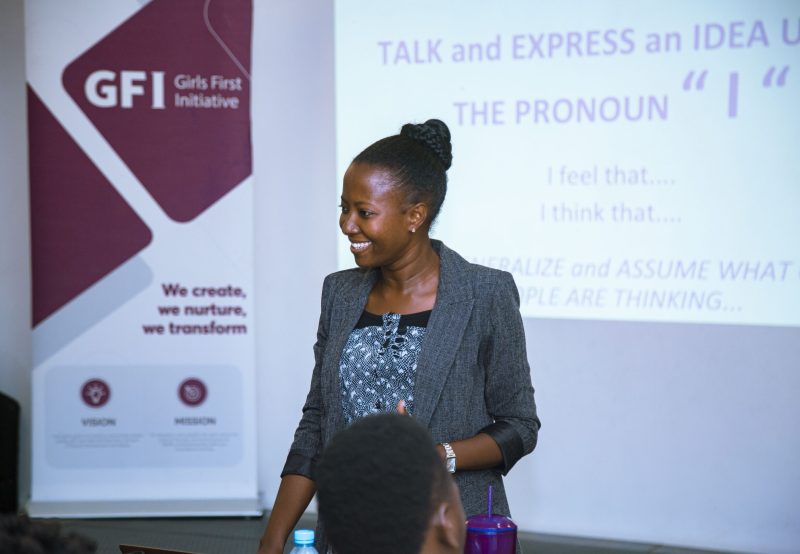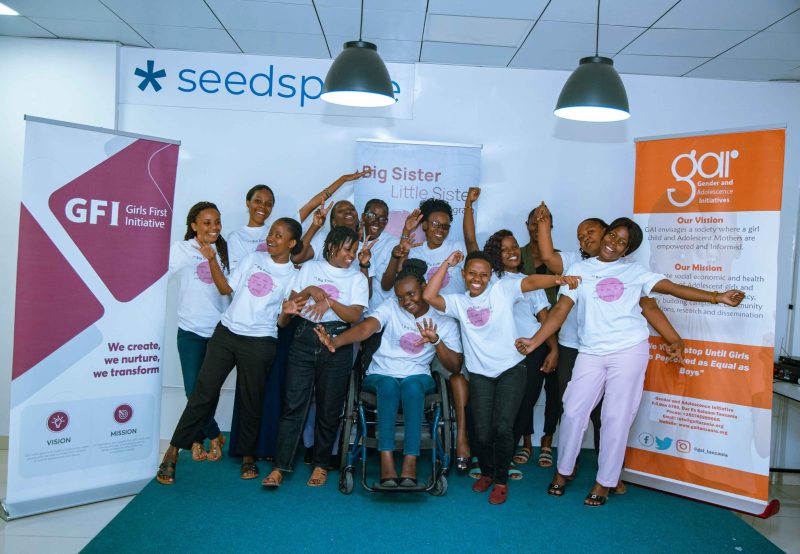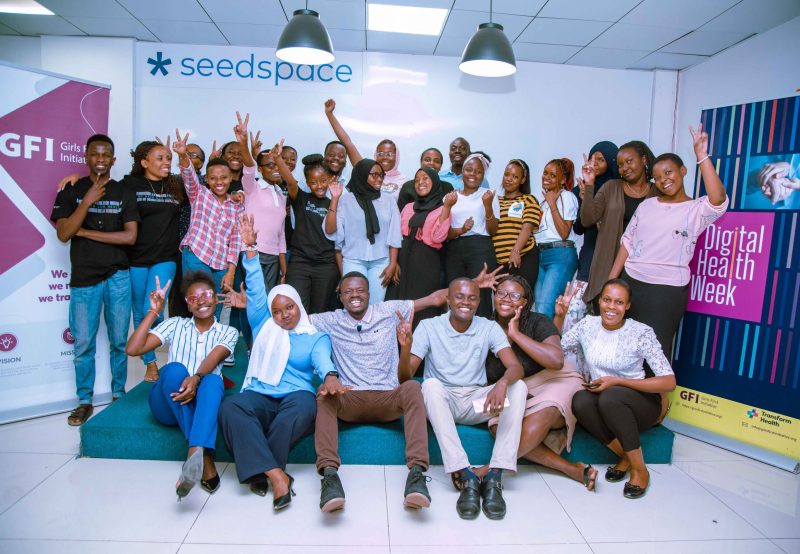Welcome to
Girls First Initiative
Submit Your Inquiries

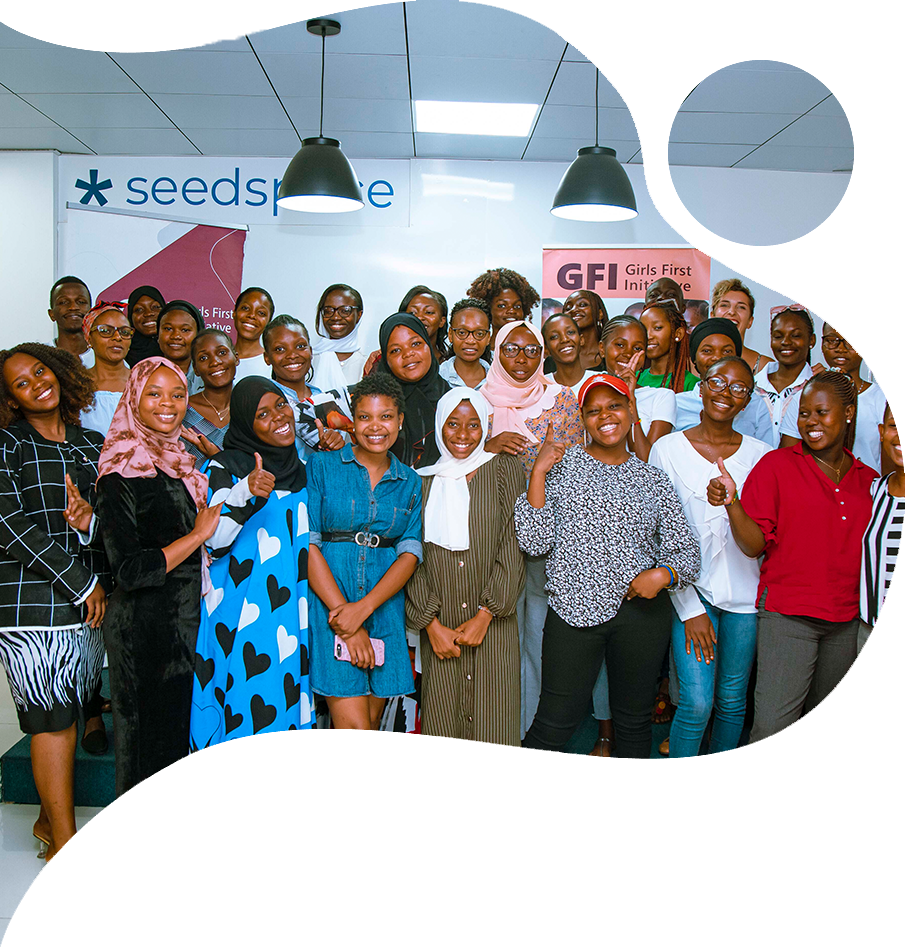
Why We Exist?
Across Tanzania, millions of adolescent girls and young women are trapped in a cycle of poverty that is not of their making—but one they are expected to endure.
They are forced to drop out of school because their families cannot afford school fees, uniforms, or even basic necessities like sanitary pads. They face pressure to marry early, often before their 18th birthday. Many become young mothers without access to reproductive health education, safe housing, or income-generating opportunities.
And when crisis strikes—whether it’s the loss of a parent, abuse at home, or a pregnancy—there is often no safety net to catch them.
Give us a call
Clients Satisfactions
The Reality We’re Facing
- Only 3 in 100 girls from the poorest households complete secondary school in Tanzania. 1 in 3 girls is married before age 18.
Over 60% of girls in rural areas miss school during their periods due to a lack of menstrual hygiene products and safe toilets.
27% of adolescent girls aged 15–19 are already mothers or pregnant with their first child.
70% of young women lack access to formal employment or sustainable income.
Gender-based violence remains widespread and underreported—especially for girls who are economically dependent or isolated.
These numbers are not just statistics. Behind each one is a girl with dreams—a future teacher, nurse, entrepreneur, artist, or leader—who simply needs the right support at the right time to thrive.
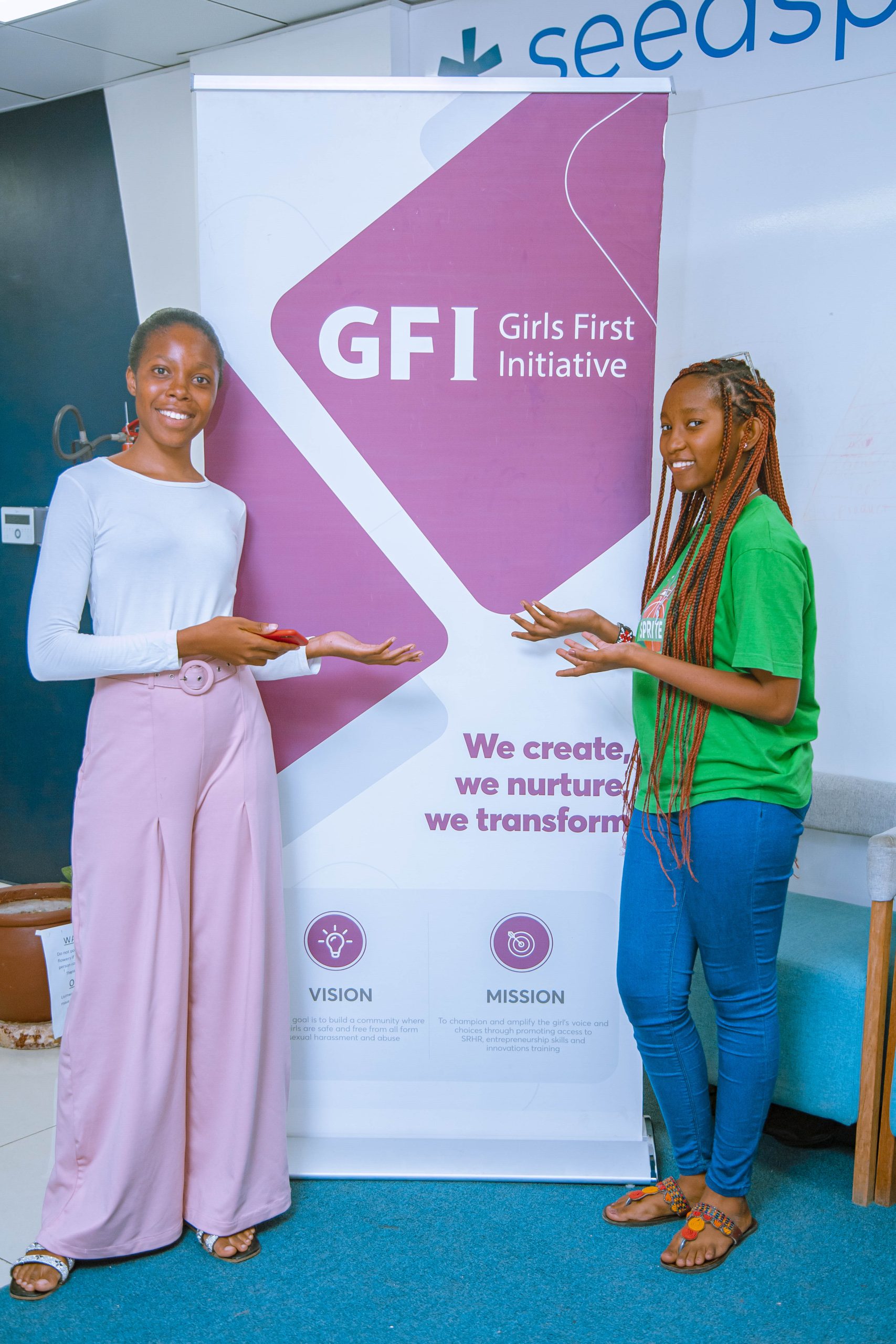
Years Experiences
The Deeper Problem
Most programs focus on either girls or women—but rarely both. Yet we know from experience that girls succeed when their families and caregivers are also empowered. When a mother earns an income, a daughter stays in school. When a grandmother understands reproductive health, a girl is protected. When a father participates in gender-equality dialogues, violence decreases.
That’s why Girls First Initiative takes a holistic, intergenerational approach—because real change happens when we shift the systems around girls, not just their circumstances.
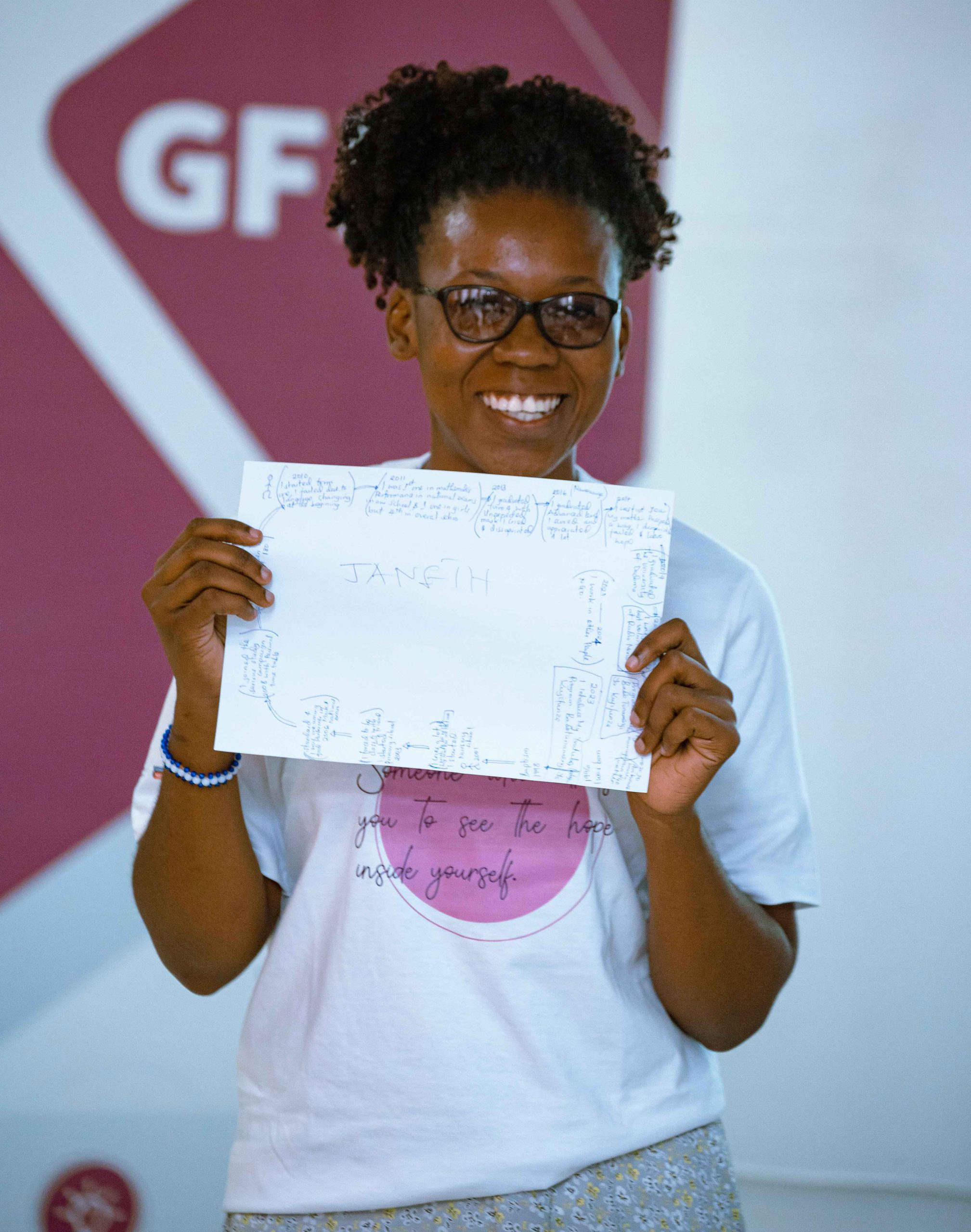
She matters a lot more!
Our Solution
We exist to break this cycle—not by offering short-term aid, but by building a sustainable model where communities themselves lead the transformation.
Through our Taa ya Maisha model, we:
- Educate and mentor girls
- Equip caregivers—especially women—with skills and financial tools
- Reinvest resources back into the next girl’s future through women-led cooperatives
This creates a ripple effect: empowered women support educated girls who grow into empowered women—changing not just their lives, but the lives of future generations.
Our Focus Areas
Her Education
Her Health
Her Economy
Want to see our professional services. Click here to View More
Our Model: Taa ya Maisha (The Light of Life)
Taa ya Maisha is GFI’s signature, sustainable model that reinvests in girls’ education by empowering their caregivers—primarily women—through entrepreneurship, vocational training, and sexual and reproductive health education.
How it Works:
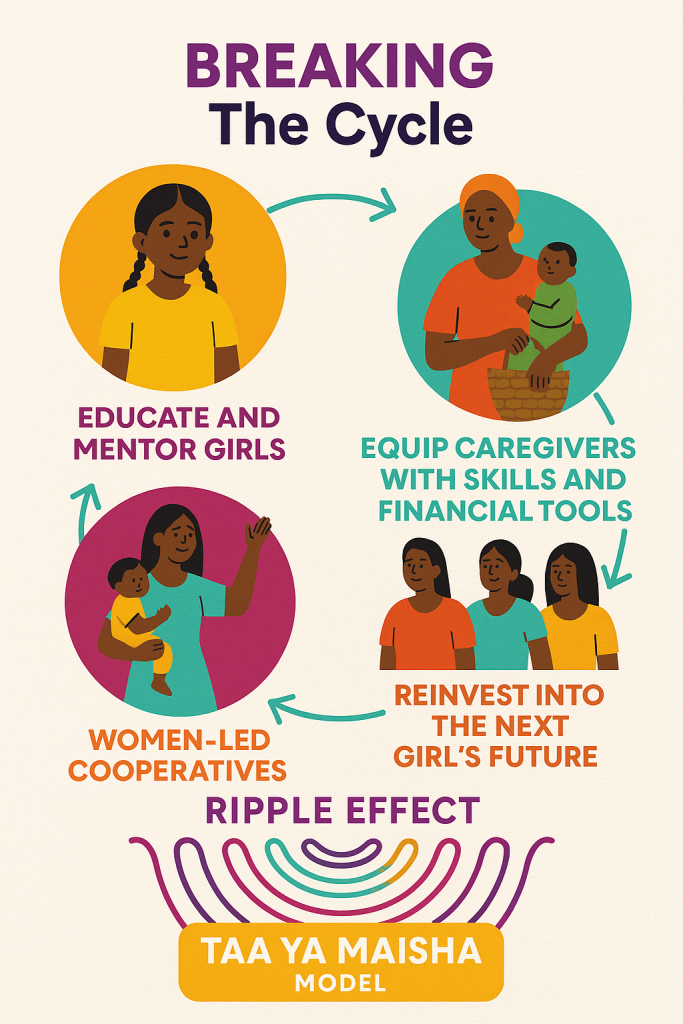
We have touched many souls
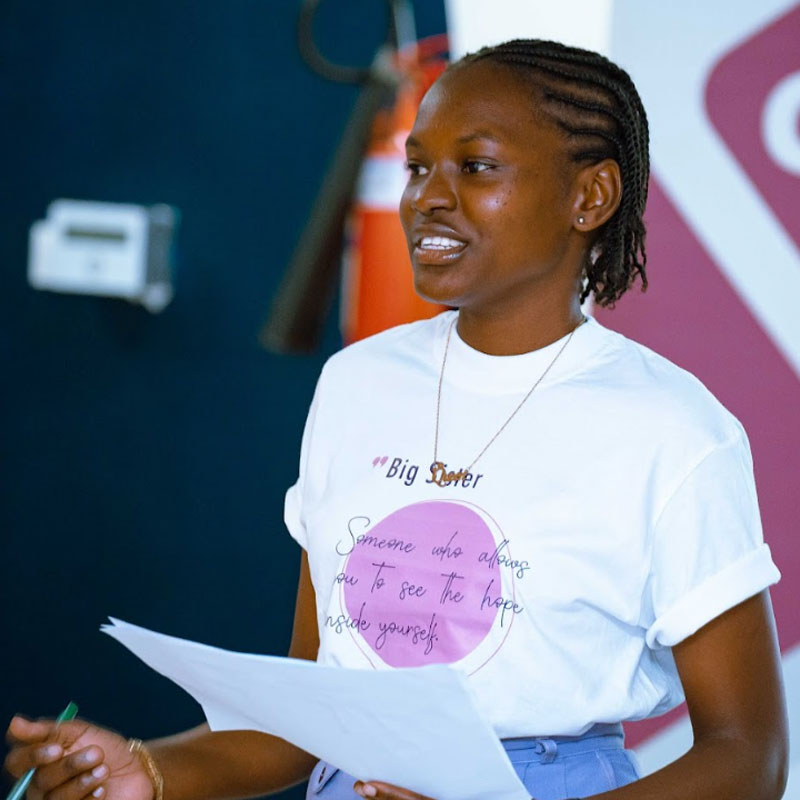

Sakina Chambulilo
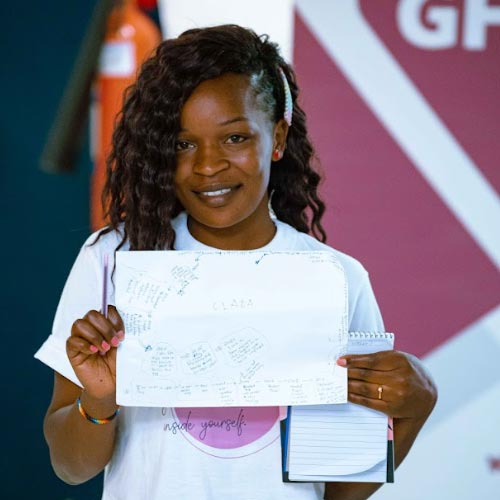

Violet Abdallah
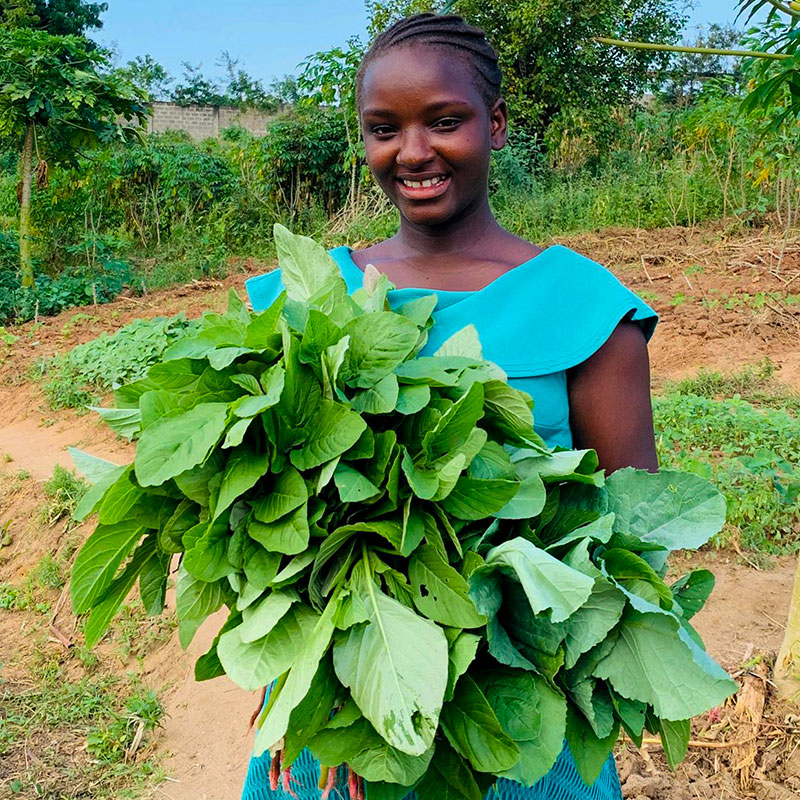

Raheli Mwikanu
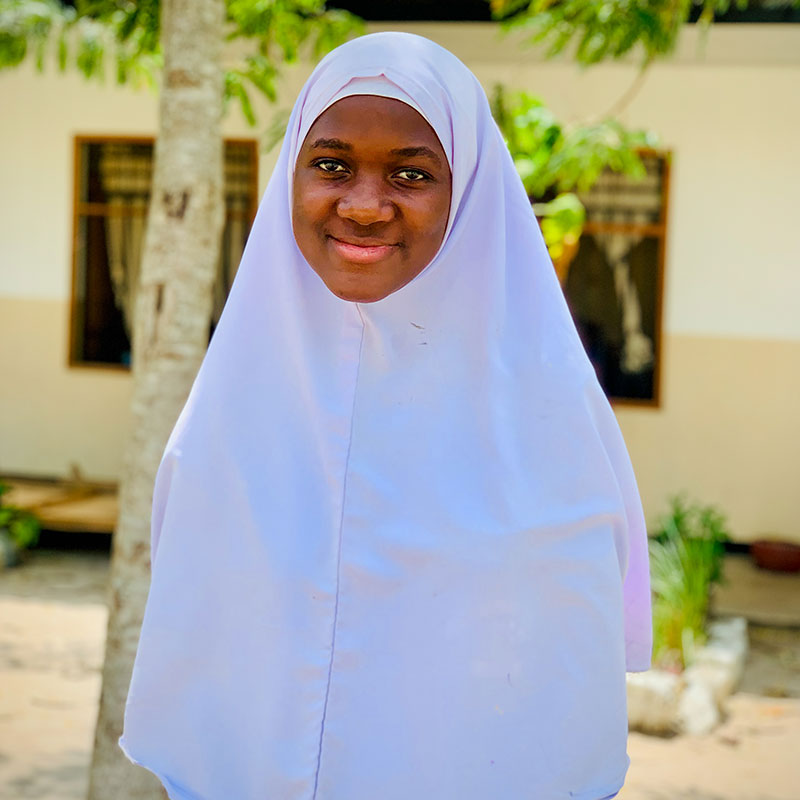

Asma Mbuso
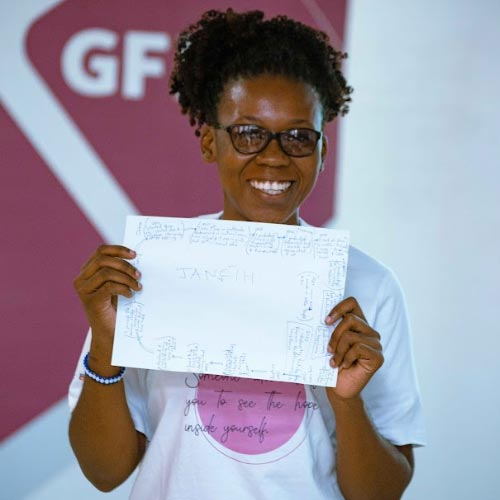

Fatmah Bakari
Our Blog Updates
Want to see more blog updates? Click here


